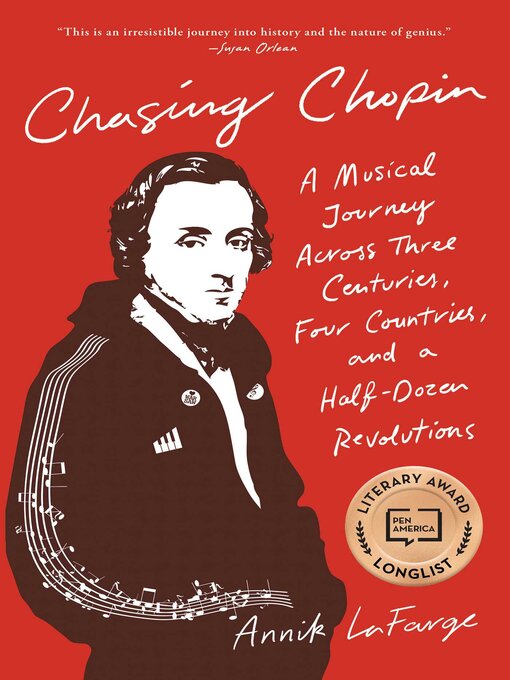- No wait - Borrow Poorhara today!
- 20 most borrowed Adult Fiction eBooks 2024
- Available now
- New eBook additions
- Most popular
- Travel Guides
- Try something different
- Always Available eBook Classics
- Fantasy Series
- New Zealand Reads
- Life-Changing Reads
- How Have I Not Read This Yet??
- See all ebooks collections
- No wait - Listen to Quicksilver today!
- GraphicAudio - A movie in your mind
- Top 20 Most Borrowed eAudiobook Adult Fiction
- Available now
- New audiobook additions
- Listen to the radio
- Audiobooks narrated by celebrities
- Audio Available Now!
- Fantasy Series
- New Zealand Reads
- Full Cast audiobooks
- Life-Changing Reads
- How Have I Not Read This Yet??
- See all audiobooks collections



